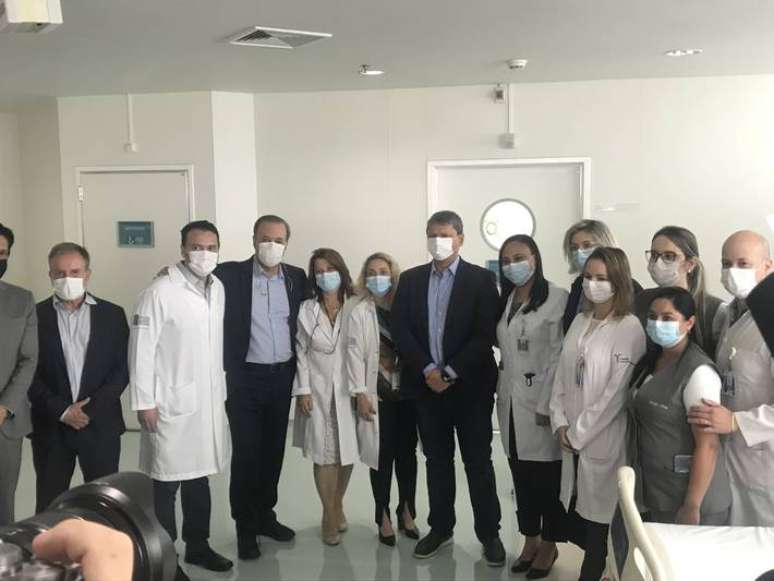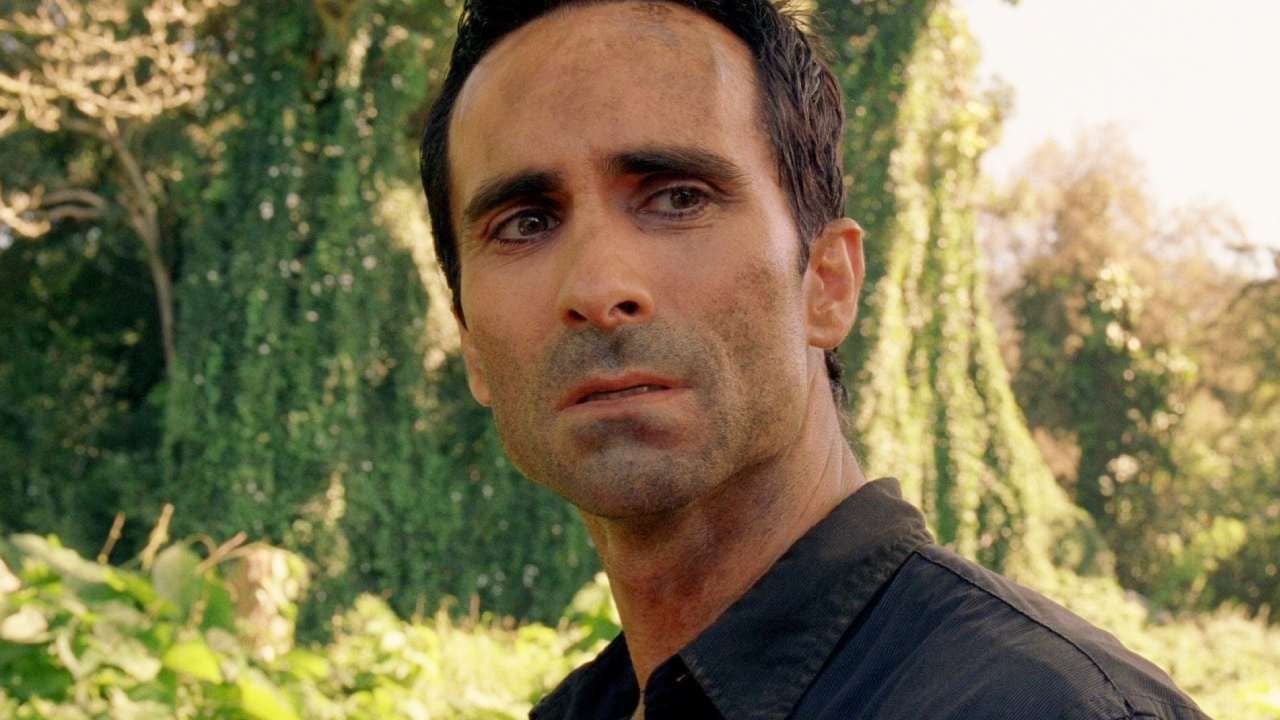To reduce the queue by 40% in the next three months, the state government is betting on opening the beds already available in public health units
The Secretary of State for Health, Eleseo Paivaon Jan. 2, it found 1,560 cancer patients on the waiting list for treatment in São Paulo, as indicated in the Central for the regulation of health offers and services (Croce). Today, according to the Department of Health, the number is 1,536. “What concerned us was not the size of the queue, but a wide range, about 50% of these patients had 7 to 8 months in the queue. Something unacceptable,” she said.
The actual number of those actually awaiting treatment and/or surgery is somewhat uncertain. “When we talk about the number of people in queues, we need to understand which queue we are talking about and, incredible as it may seem, we don’t have that control. The queue management method needs to be regionalized to know exactly what the situation is, who is in the queue, if there is no double counting, so we can handle it properly,” the governor said Tarcisio de Freitas (Republicans), in a speech that included other queues of stemmed procedures.
“The waiting time in oncology is proportionally linked to the resolution, to the prognosis of this patient”, said the secretary, noting that the State wants to reach the “reasonable” objective of 60 days of waiting, in compliance with law 12.732/2012. To this end, the state government’s goal will be to leverage installed public grid capacity.
This Tuesday 24, for example, the opening of 45 beds was announced – 30 in nursing and 15 intensive care units (ICU) – and three operating theaters at the Cancer Institute of the State of São Paulo (Icesp) , which integrates the Hospital das Clínicas (HC), which already existed, but was not used due to lack of resources. With the increase, the Institute now has 490 beds and can operate to its full capacity.
With this, the secretary expects that 1,250 more patients will be treated within 12 months, as well as 840 more surgeries per year. According to the Ministry of Health, this represents a 20% increase over what was originally planned for the period, and the initiative aims to reduce the current queue of cancer patients by around 40%, in the first three months of the action . It will also be possible to increase the range of clinical treatments in chemotherapy (2,300 sessions) and radiotherapy (2,700 sessions).
Paiva highlighted that the government is also in dialogue with other strategic hospitals – High Complexity Oncological Care Centers (Cacon) and High Complexity Oncological Care Units (Unacon) -, including university hospitals, to find out how many ready-made beds they can be open. At the same time, the secretary said that the government is in contact and is seeking an agreement with the municipalities, so that the municipal administrations do not reduce attendance, for example.
“We hope that in the next 90 to 120 days we can have the queue with reasonable numbers so that people can be assisted within a reasonable time and solve their problem,” said Paiva.
How much it will actually cost the state is not yet known. “We are in a relationship, at first, asking for the collaboration of these institutions to expand their services, from there, we will see the installed capacity, which has been expanded and we will discuss with each unit to see the appropriate remuneration,” Paiva said.

Tarcísio explained that the idea is “to invest first in what you already have”. “Because the big mistake is to start building plants, which you will have ready in 2 or 3 years, with installed capacity”.
“There are, today, 7 to 9 thousand closed beds in the State of São Paulo, this is not reasonable, we have to bet on the reopening of these beds. It is necessary to increase our availability and the vacancies. We are here to celebrate the start of this movement,” said Tarcisio.
+The best content in your email for free. Choose your favorite Terra newsletter. Click here!
Source: Terra
Camila Luna is a writer at Gossipify, where she covers the latest movies and television series. With a passion for all things entertainment, Camila brings her unique perspective to her writing and offers readers an inside look at the industry. Camila is a graduate from the University of California, Los Angeles (UCLA) with a degree in English and is also a avid movie watcher.





